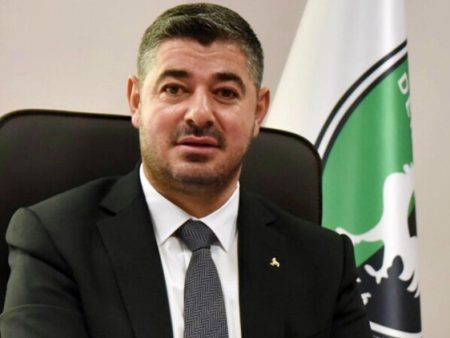Fossil fuels imports from Russia have fallen dramatically, the European Commission stressed on Thursday, following reports that the bloc’s purchases of Russian liquified natural gas (LNG) are up 40% compared to pre-war levels.
EU is weaning itself off Russian gas despite uptick in LNG imports – European Commission
“Even though LNG volumes have increased, it’s still a relatively small level and a very small share of our overall energy imports,” a spokesperson for the EU’s executive told reporters.
Europe, they added, is “divesting away from Russian gas as quickly as possible.”
Less than 15% of overall EU gas imports came from Russia in the first half of this year, down from 45% in 2021.
But a Global Witness report revealed Wednesday that the amount of liquified natural gas imported into the EU from Russia between January and July this year was up by 39.5% compared to the same period in 2021, before the start of Russia’s invasion of Ukraine.
The Commission provided differing figures on Thursday, with a spokesperson confirming that the Global Witness study, which uses shipping data provided by commodities analytics firm Kpler, was based on a different methodology.
According to the European Commission, 10.8 billion cubic metres (bcm) of Russian LNG reached the EU in the first six months of this year. In 2022, 19.3 bcm was imported, while the figure for 2021 stood at 10.8 bcm.
Although the figures suggest more LNG will reach the EU from Russia this year than in 2021, the European Commission assured Thursday that LNG makes up a very small share of the EU energy mix.
Three coastal member states – Belgium, Spain and France – are among Russia’s top five global clients for LNG, but their ports act as a gateway for supplies to the entire continent.
Since Russia’s invasion of Ukraine, the EU has put plans in place to diversify its energy mix by investing in renewables and striking supply deals with other countries. It has earmarked €300 billion in funds to support member states.
But while the EU has introduced sanctions on certain energy products including coal and oil, there are no sanctions in place on Russian LNG or gas.
The Commission did not confirm whether the bloc was considering sanctioning LNG imports to prevent purchases from increasing further.







